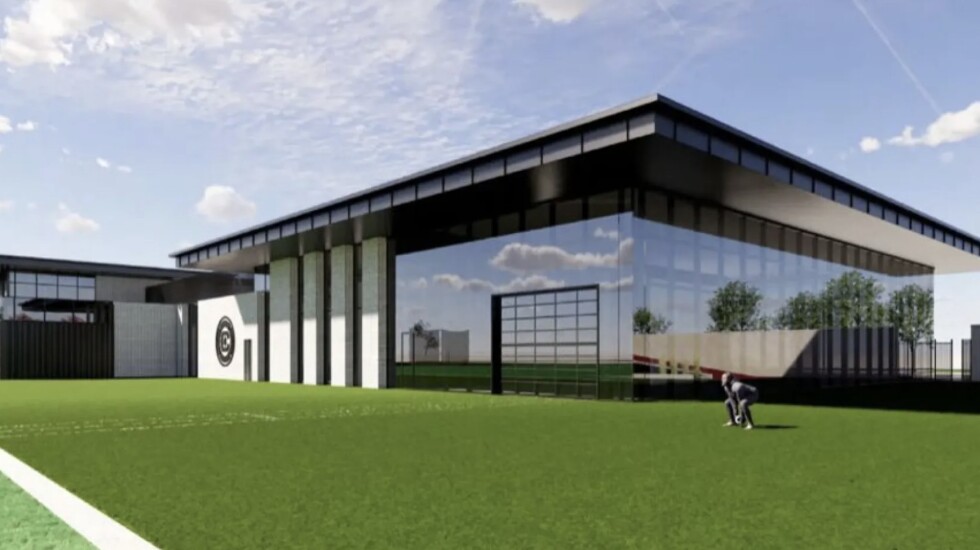
Days before her term was over, former Mayor Lori Lightfoot stood proud as the Chicago Fire soccer club broke ground on its $80 million training center on Chicago Housing Authority land that had been slated for public housing.
Lightfoot described “activating” vacant land there and on another West Side parcel as a “total win.”
CHA’s CEO Tracey Scott also called the 40-year lease agreement with the Fire a “win, win, win, win, win, win as a proposition,” touting how the plan will create new jobs and help with rehabilitating existing public housing and new facilities.
But the controversial deal still ranks as a net loss in the views of Chicagoans who feel cheated out of the affordable housing they need. The deal’s also still a big question mark for other residents who value transparency.
Details about the lease agreement — which CHA officials say will generate $40 million — were kept under wraps until it was finalized and questions about how or when they will rebuild housing nearby have mostly remained unanswered.
Maybe we’ll find out more, now that a federal lawsuit has been filed seeking an injunction to block the deal. Perhaps the CHA and the U.S. Department of Housing and Urban Development, which approved the deal, will start divulging the crucial details.
HUD blew off its own rules by failing to conduct a civil rights review before rubber-stamping the deal, according to the lawsuit filed last week by the Coalition to Protect CHA Land, the Chicago Housing Initiative and the Lugenia Burns Hope Center.
HUD, citing pending litigation, wouldn’t comment to the editorial board.
But within the last decade, HUD has signed off on all public housing land deals in Chicago without scrutinizing the CHA much on whether the sales would benefit residents or provide more low-income housing, a story by ProPublica revealed last year.
The Chicago Fire lease agreement on the land that once housed the ABLA Homes has been signed. But in the future, Mayor Brandon Johnson’s administration must ensure that similar deals aren’t ironed out in secrecy before moving forward with them.
After all, “the no-bid disposition of this land was done at the eleventh hour” by the Lightfoot administration and “is antithetical” to Johnson’s “stated campaign positions,” as the lawsuit states.
The concerns over the Chicago Fire deal should never have been kicked away without a fully transparent vetting. Those concerns should stay in play, to guarantee that low-income housing remains a goal for Chicago.
The Sun-Times welcomes letters to the editor and op-eds. Here are our guidelines.







